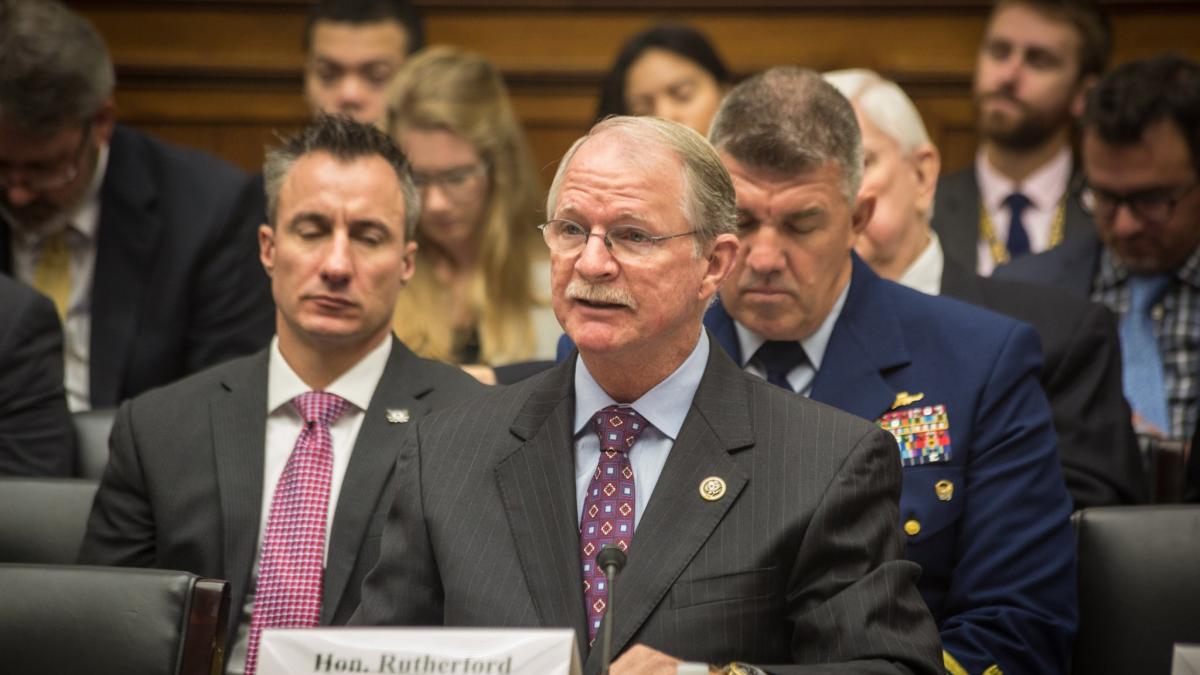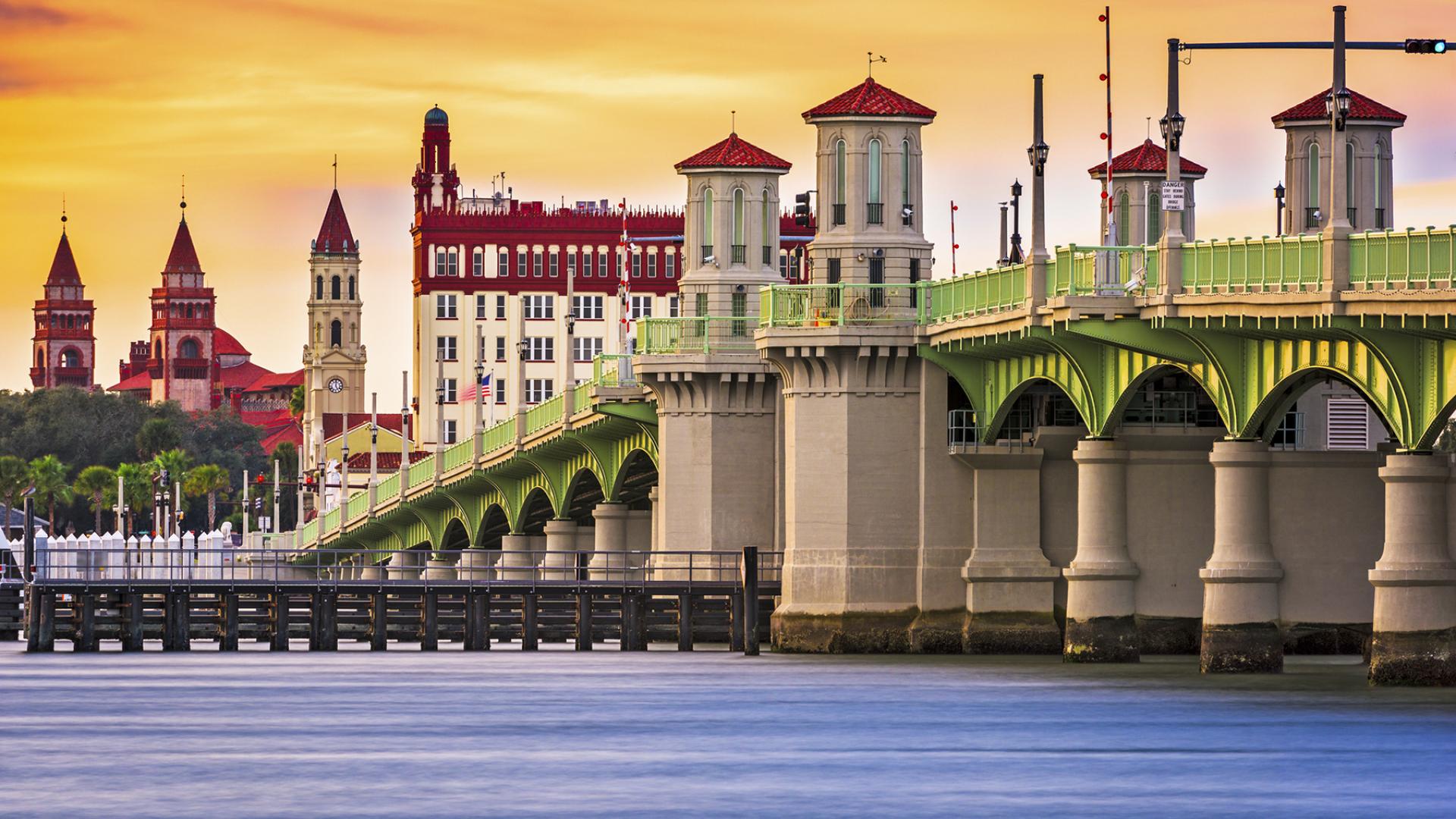Rep. Rutherford Testifies at House Transportation and Infrastructure Committee Hearing Regarding NE FL Hurricane Irma Recovery

WASHINGTON, D.C. – Today, Congressman John Rutherford testified before the House Transportation and Infrastructure Committee to highlight the importance of beach renourishment and the Jones Act to Northeast Florida following Hurricane Irma. To view the video, click HERE. The below excerpts are from his testimony:
"As you know, last month Hurricane Irma touched almost every corner of Florida. In my district in Northeast Florida, a combination of high tides, storm surge and torrential rain caused flooding the City of Jacksonville had not seen in more than 150 years. Downtown was underwater, power was out for many days, and homes and businesses were shuttered. However, because of the quick federal response, the leadership of our Governor, and the planning and coordination of local emergency management officials and first responders, lives were saved and our community was quickly back up and running.
…
Florida now faces a long road to full recovery, but for the purpose of this hearing today, I'd like to focus on two areas of hurricane response and recovery that are under the jurisdiction of this Committee: the importance of shore protection projects, and the importance of maintaining the Jones Act.
For coastal communities like mine, beaches, sand dunes and other shoreline infrastructure provide the first line of defense against storm surge. New Jersey saw it 5 years ago with Superstorm Sandy, and Florida saw it last year with Hurricanes Hermine and Matthew, and again, this September, with Hurricane Irma.
…
Shore protection is very personal to coastal districts, like mine. However, shore protection projects should be important to more than just coastal communities.
Fifty percent of the U.S. population lives within one hour of a seashore. Beaches help generate $225 billion for the national economy and contribute $25 billion in federal tax revenue. They also contribute a $26 billion trade surplus in tourism. Not to mention that when local, state and federal agencies invest in shore protection projects before a storm, less funding is needed for rebuilding roads, utilities, businesses and homes after a storm hits.
When we look back at Hurricane Matthew last October, studies show that beach renourishment saved billions of dollars in infrastructure damages. This is a matter of safety, but it is also a matter of fiscal commonsense.
…
I'd like to highlight the importance of the Jones Act, not only to my district, but also to the recovery of Puerto Rico.
The U.S. maritime industry are first responders in times of emergency, like Hurricanes Irma and Maria. And, Jacksonville is ground zero for getting shipments of much needed goods to Puerto Rico quickly, reliably, and economically.
I am proud of the work that the American maritime industry has done these last few weeks. They have been working tirelessly, around the clock, to get shipments of goods to those in need. Jones Act carriers to date have delivered tens of thousands of containers to the island via the Port of San Juan. They have worked closely with federal emergency responders, customers and non-profit organizations to meet the ever-changing and increasing needs of the island. They have proven themselves committed to meeting Puerto Rico's immediate needs, while also supporting the long-term restoration of the island's economy.
Part of the rebuilding effort is also making sure that the hundreds of maritime employees, both in San Juan and in Jacksonville, are able to keep their jobs. The Jones Act provides stability to these American workers and certainty to industry, which in return has invested more than a billion dollars into vessels and infrastructure in the shipping corridor between Jacksonville and San Juan.
…
Hurricanes know no political party. We all must work together, so that our communities recover and rebuild stronger than ever."
###
